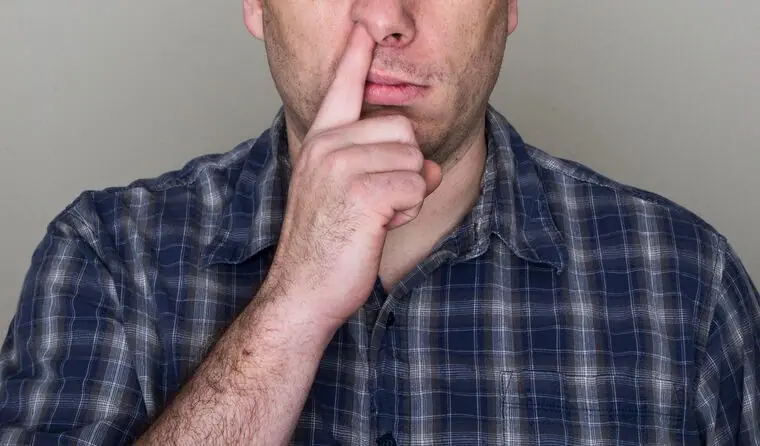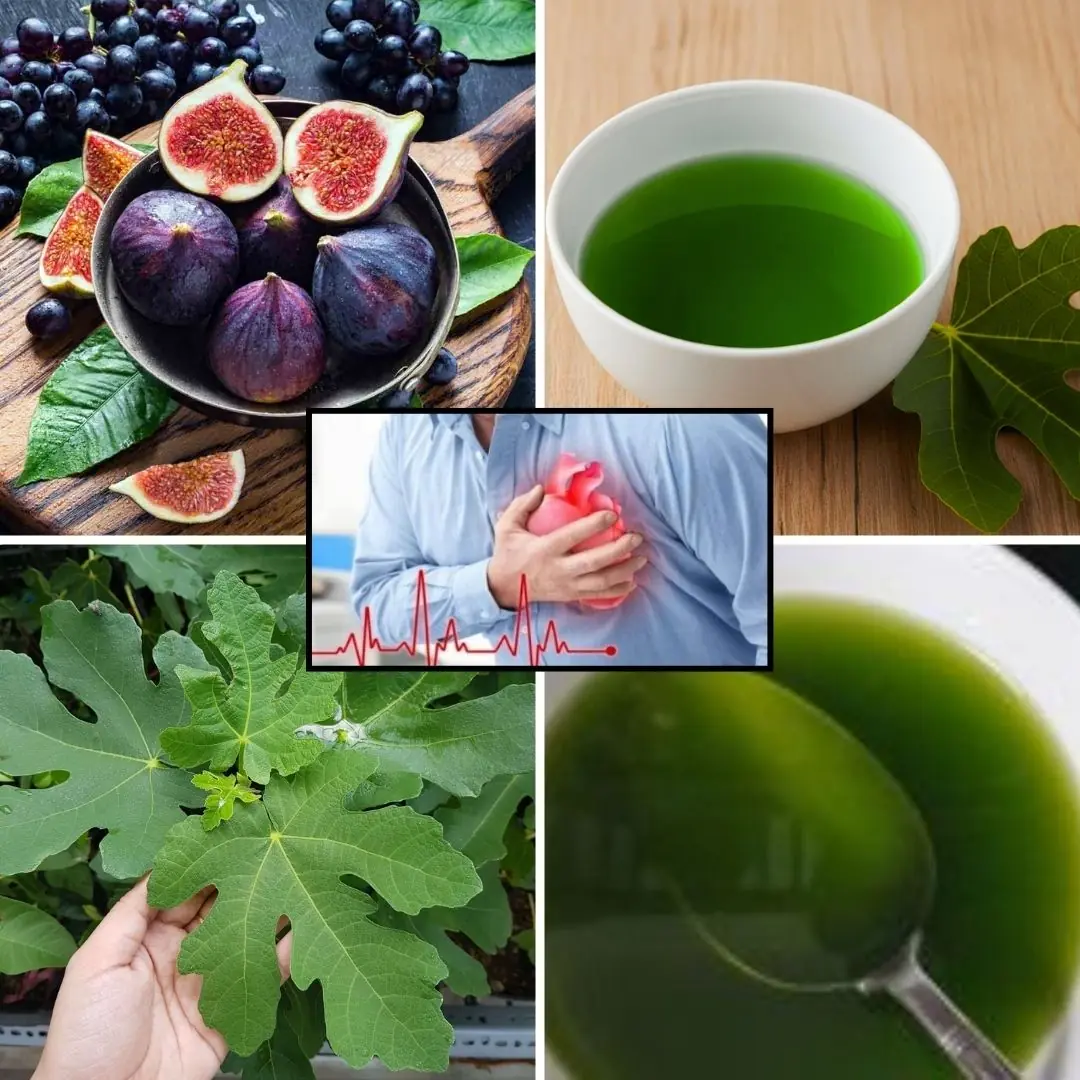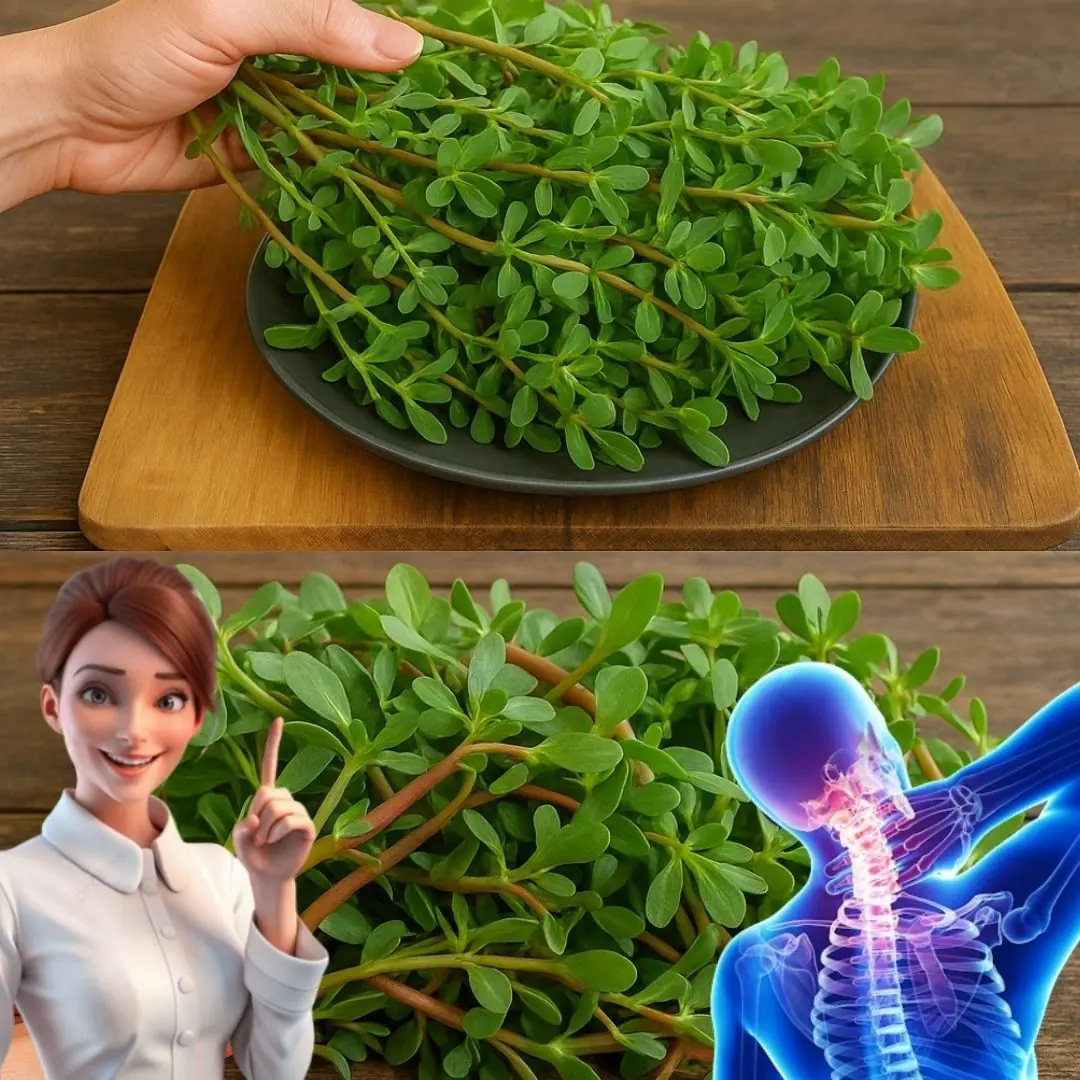
This Beautiful Yard Plant Is Surprisingly Toxic—Here’s What You Need to Know About Datura
.jpg)
Beware the Devil’s Trumpet: The Beautiful But Deadly Plant You Should Never Touch
Have you ever come across a stunning, trumpet-shaped flower in someone’s garden and thought it would make a perfect addition to your yard? You might want to think twice. That breathtaking bloom could be Datura—also known as devil’s trumpet, jimsonweed, or thornapple—a dangerously toxic plant cloaked in beauty. While it may look like a gift from nature, it hides a deeply sinister side.
Whether you’re a seasoned gardener, a curious nature lover, or a parent keeping an eye on what grows nearby, here’s everything you need to know about Datura—why it’s so dangerous, how to identify it, and what to do if you find it.
🌿 What Exactly Is Datura?
Datura is a flowering plant in the nightshade family (Solanaceae), closely related to other toxic plants like belladonna and henbane. Native to Central and South America, it now grows wild throughout much of the United States, especially in warmer climates. You might find it along roadsides, in open fields, or even sprouting in backyards and gardens.
Despite its popularity in ornamental gardening circles for its large, dramatic blooms, Datura is not your average flower. Every part of the plant—including the leaves, flowers, seeds, and roots—contains potent alkaloids such as atropine, scopolamine, and hyoscyamine. These compounds are highly toxic and affect the central nervous system, sometimes even through skin contact.
In small amounts, these chemicals can cause dizziness, hallucinations, and confusion. But at higher doses, they can lead to seizures, coma, or even death. And the scariest part? The toxicity can vary wildly from plant to plant, making it impossible to predict how dangerous a specific specimen might be.
⚠️ Why Is Datura So Dangerous?
The greatest danger of Datura lies in its unpredictability and potency. Factors such as species, growing conditions, and even the time of year can influence how toxic the plant is. This makes any exposure—intentional or accidental—a serious health risk.
Common symptoms of Datura poisoning include:
-
Severe hallucinations and delirium: Users may lose touch with reality and experience terrifying visual or auditory episodes.
-
Dilated pupils and blurred vision: Classic signs of anticholinergic poisoning.
-
Dry mouth and extreme thirst: These symptoms often make speaking or swallowing difficult.
-
Fast heartbeat and elevated blood pressure: Can be especially dangerous for children or people with heart conditions.
-
Seizures, coma, and death: In severe cases, especially after ingestion.
Even touching Datura with bare hands may lead to absorption of toxins through the skin. The Centers for Disease Control and Prevention (CDC) warns that children, pets, and curious teens are most at risk due to accidental exposure or misuse.
🔍 How to Identify Datura in the Wild or at Home
Not sure whether that mysterious plant in your garden is Datura? Here are the key features to look for:
-
Flowers: Large, trumpet-shaped blooms that can be white, purple, or lavender. They typically measure 2–4 inches long and often open at night, releasing a sweet but overwhelming scent.
-
Seed pods: Round, spiky capsules known as “thornapples” that split open when mature to release black or brown seeds.
-
Leaves: Large, ovate, and slightly hairy with a gray-green color. Crushing the leaves releases an unpleasant, almost foul odor.
-
Plant size: Can grow between 2 to 5 feet tall with a bushy, spreading shape.
Datura thrives in disturbed soil and unkempt areas—think roadsides, abandoned lots, and construction zones. It can even show up in compost piles or flowerbeds if left unchecked.
🛡️ What to Do If You Find Datura
If you suspect that Datura is growing in your yard or community, don’t ignore it. Here's how to handle the situation safely:
✅ DO:
-
Wear protective gear: Always wear gloves, long sleeves, and even eye protection when removing or inspecting the plant.
-
Remove with care: Dig out the entire root system and place the plant in a sealed trash bag—never leave it out in the open.
-
Wash up thoroughly: Use soap and water after any contact with the plant.
-
Warn others: Inform your neighbors and keep pets and children far from the plant.
-
Call poison control immediately (1-800-222-1222): If you suspect anyone has touched or ingested Datura.
❌ DON’T:
-
Don’t burn it: The smoke contains toxic compounds that can be inhaled.
-
Don’t compost it: Toxins can persist and leach into garden soil.
-
Don’t consume it in any form: Not even in teas, tinctures, or homemade remedies—this plant is not safe for any type of ingestion.
🌿 Datura in Traditional Medicine and Folklore
In ancient medical systems like Ayurveda and traditional Chinese medicine, Datura has been used in very controlled doses to treat respiratory issues or muscle spasms. However, modern science strongly advises against its use due to its extreme toxicity. Organizations like WebMD, the FDA, and numerous poison control centers all classify Datura as unsafe and potentially deadly.
Unfortunately, the plant has gained notoriety as a recreational drug among thrill-seekers chasing hallucinations. This is incredibly risky—a small misjudgment in dosage can lead to hospitalization or death. Alarming reports, including a 2024 case study, have documented severe poisonings even in toddlers who simply touched or tasted parts of the plant.
🌸 Safer Alternatives to Grow Instead
If you’re attracted to Datura’s dramatic blooms and sweet scent, there are plenty of beautiful, non-toxic alternatives that are safe for your garden and family:
-
🌕 Moonflower (Ipomoea alba): A close lookalike with large white blooms that open at night—safe and pollinator-friendly.
-
🌿 Lavender: Aromatic, easy to grow, and loved by bees and butterflies.
-
🌼 Coneflowers (Echinacea): Vibrant, hardy, and completely safe for pets and kids.
📣 Spread Awareness, Save a Life
Datura’s deceptive beauty makes it particularly dangerous. People often plant it without knowing its risks—or mistake it for a safe flower. By learning how to identify and safely remove Datura, you protect not only yourself but your community.
Take action by sharing this information with friends, neighbors, and gardening groups. If you have kids or pets, educate them about avoiding unknown plants—especially those with trumpet-shaped flowers.
Final Thoughts: Respect the Beauty, Understand the Risk
Datura is a prime example of nature’s paradox—something visually stunning that hides a deadly secret. Its showy blooms may attract admiration, but its chemical profile demands caution. Whether you’re a home gardener, a parent, or a weekend hiker, knowing the facts about Datura could prevent a serious accident.
Have you ever encountered Datura in your area? Drop a comment below to share your experience and help raise awareness. And if you found this article helpful, share it with someone who loves plants—but values safety even more.
News in the same category


Woman mistook deadly illness for perimenopause

Orange Peel and Cinnamon Tea: The Natural Remedy Worth More Than Gold!

Moringa Leaf: A Nutrient-Packed Leaf for Your Wellness Journey

Why Were Strokes Less Common 30 Years Ago, but Are Now Increasing? 4 Foods You Should Cut Back On

4 Reasons Why You Should Stop Picking Your Nose Before It Leads to Serious Consequences

Three Common Beverages That Secretly Drain Calcium from Your Bones: Drinking Too Much Can Lead to Brittle, Fragile Bones

Woman’s Inoperable Brain Tumor Shrinks In Just Five Days Thanks To Cancer Breakthrough

Doctors Ignored Her 9 Times — Then She Got A Stage 4 Cancer Diagnosis

Alarming Discovery: 20 New Bat Viruses Detected In China With “Serious” Health Implications

Injectable Hydrogel: A Game-Changer for Brittle Bones and Osteoporosis

Unmasking the Mind: How Science Shows Conspiracy Theorists' Brains Are Different

The Alarming Truth: Your Brain Literally Starts Eating Itself When You Don't Get Enough Sleep

5 foods you should never keep overnight

Natural Ways to Soothe a Sore Throat with Cloves

Surprising Health Benefits of Guava Leaves You Need to Know

Fig Leaves: Surprising Benefits and Uses

Eating Raw Garlic Daily: A Natural Way to Boost Heart Health and Lower Cholesterol

Purslane: The Superfood to Boost Your Health Naturally

Why Your Gut Deserves More Love Than You Think
News Post

Just 2.4 Miles Apart, Yet 21 Hours Ahead — The Diomede Islands’ Time-Warping Secret

Woman mistook deadly illness for perimenopause

Orange Peel and Cinnamon Tea: The Natural Remedy Worth More Than Gold!

Moringa Leaf: A Nutrient-Packed Leaf for Your Wellness Journey

Why Were Strokes Less Common 30 Years Ago, but Are Now Increasing? 4 Foods You Should Cut Back On

4 Reasons Why You Should Stop Picking Your Nose Before It Leads to Serious Consequences

Three Common Beverages That Secretly Drain Calcium from Your Bones: Drinking Too Much Can Lead to Brittle, Fragile Bones

Scientists Invent Ultra-Thin Material That Hardens Like Diamond to Stop Bullets

There Are Mysterious Signals Coming From The Ice In Antarctica

Scientists Baffled By Earth’s Mysterious 26-Second ‘Heartbeat’—Still No Clear Explanation

Friendship Between Wolf And Bear Documented By A Photographer

A Decapitated Python In Florida Everglades Suggests Bobcats Are Resisting Their Invasion

Firefighters Warn Public Of Dangers Of Leaving Water Bottles In Cars

Woman’s Inoperable Brain Tumor Shrinks In Just Five Days Thanks To Cancer Breakthrough

I Rushed to My Daughter's Graduation - But I Ended Up Being Shut Out

Doctors Ignored Her 9 Times — Then She Got A Stage 4 Cancer Diagnosis

My MIL Told Me to Just Bring Chips to the 4th of July BBQ Because I 'Can't Cook Anyway' – So I Brought Something Better

Alarming Discovery: 20 New Bat Viruses Detected In China With “Serious” Health Implications

Boy, 12, Dies After Attempting Viral ‘Blackout Challenge’—Family Issues Heartbreaking Warning

My Daughter Suddenly Started Locking Her Bedroom Door, What I Discovered Late One Night Broke Me
My daughter suddenly started locking her bedroom door and pulling away from me. One night, I quietly kept the door from closing and waited. When I finally stepped inside, I found her laughing with a boy.